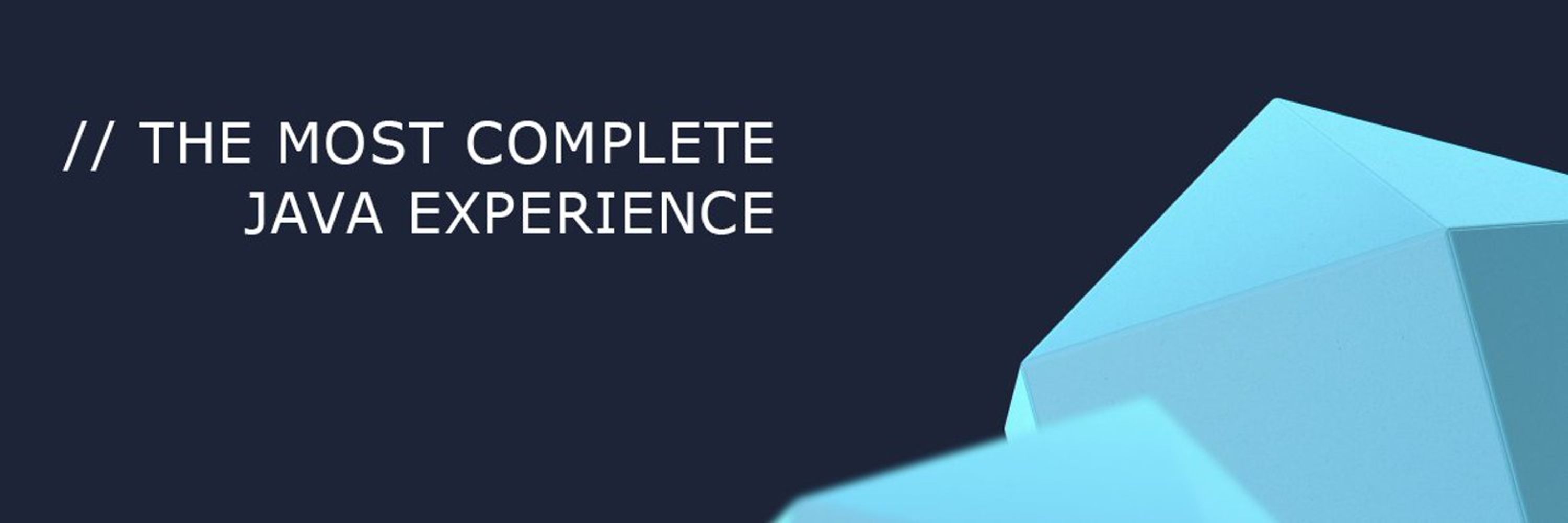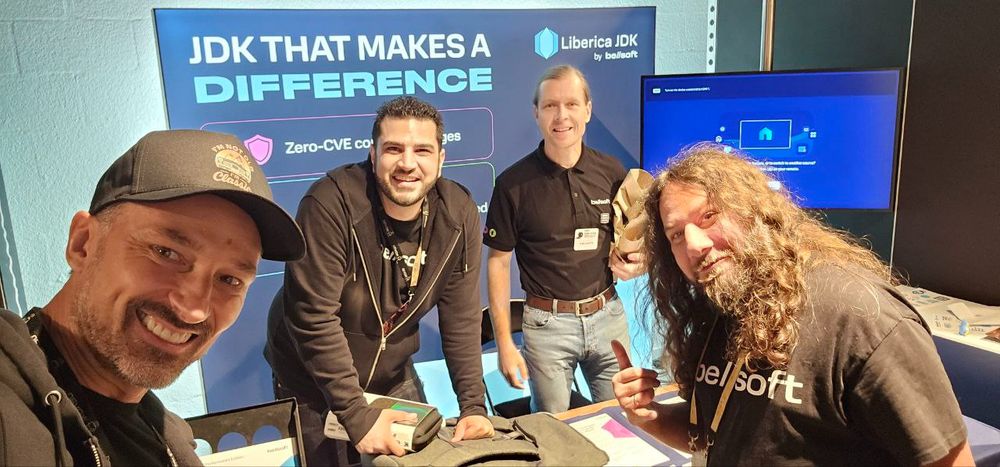BellSoft
@bellsoft.bsky.social
88 followers
13 following
230 posts
Delivering #LibericaJDK: supported, #Java standard compatible binaries. Among Top-5 #OpenJDK contributors.
Posts
Media
Videos
Starter Packs
Reposted by BellSoft













